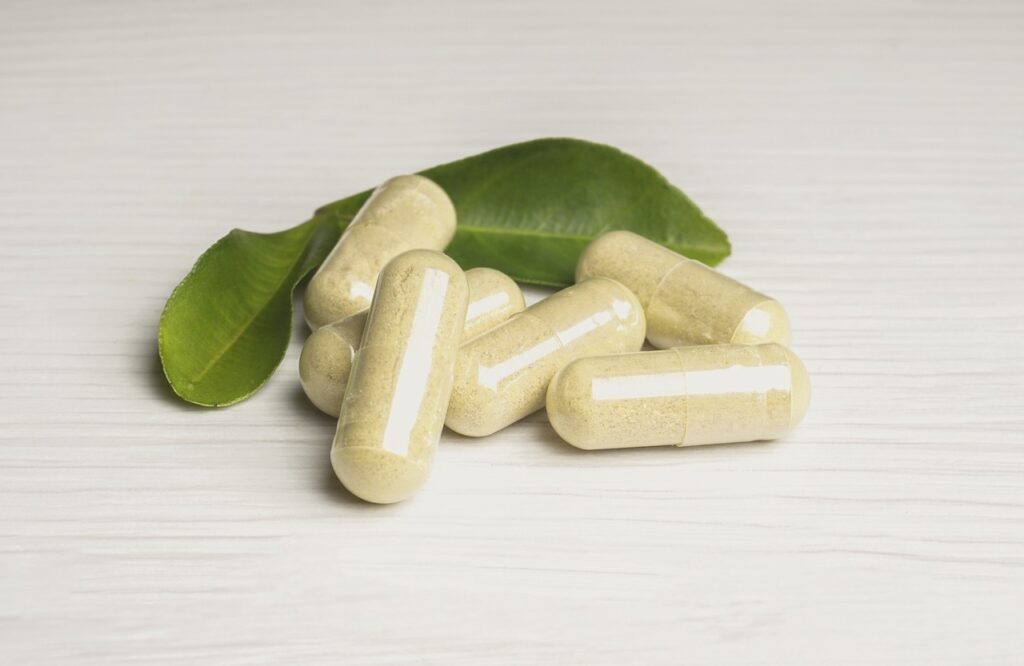Are you looking to improve the tone of your skin? Glutathione supplements are being marketed as a way to do just that. But what is glutathione, and can it really help with skin whitening?
Glutathione is a naturally occurring antioxidant that our bodies produce to protect our cells from damage and support our immune system. Some studies have also suggested that it may play a role in regulating skin pigmentation, which is why it has been touted for its potential to help with skin whitening.
While glutathione is available in topical creams, the most popular form of supplementation is through oral capsules. These capsules can be found online or in many health stores, but it is important to note that they are not regulated by the FDA.
So, does taking glutathione supplements actually work for skin whitening? The research is limited, and results have been mixed.
One small study from 2014 found that taking glutathione orally for four weeks resulted in significantly decreased skin pigmentation in a group of 60 women. Another study from 2017 found that topical application of glutathione reduced skin darkening in a small group of participants.
However, a review of existing research from 2018 found no significant evidence to support the use of glutathione supplements for skin whitening. Additionally, the long-term effects of taking glutathione capsules are unknown.
It is important to note that glutathione should not be used as a sole means of skin whitening. It is not a replacement for sun protection or a healthy skincare routine that includes cleansing, moisturizing, and the use of SPF.
If you are considering taking glutathione supplements for skin whitening, it is important to speak with your healthcare provider first. They can help you determine if it is safe for you to take and can provide guidance on dosing and potential side effects.
In addition to potential skin-whitening effects, glutathione supplementation has been linked to other health benefits. It has been shown to support liver function, boost the immune system, and decrease inflammation.
However, it’s important to remember that more research is needed to fully understand the potential benefits and risks of taking glutathione supplements.
While glutathione supplements for skin whitening may seem like a promising solution, it’s important to approach these claims with caution. The research is still limited, and it should never be used as a replacement for sun protection or a healthy skincare routine.
If you are still interested in trying glutathione supplements, be sure to speak with your healthcare provider first and do your research before purchasing any products. And remember, skincare is more than just an aesthetic concern; it’s important for protecting our overall health and well-being.





